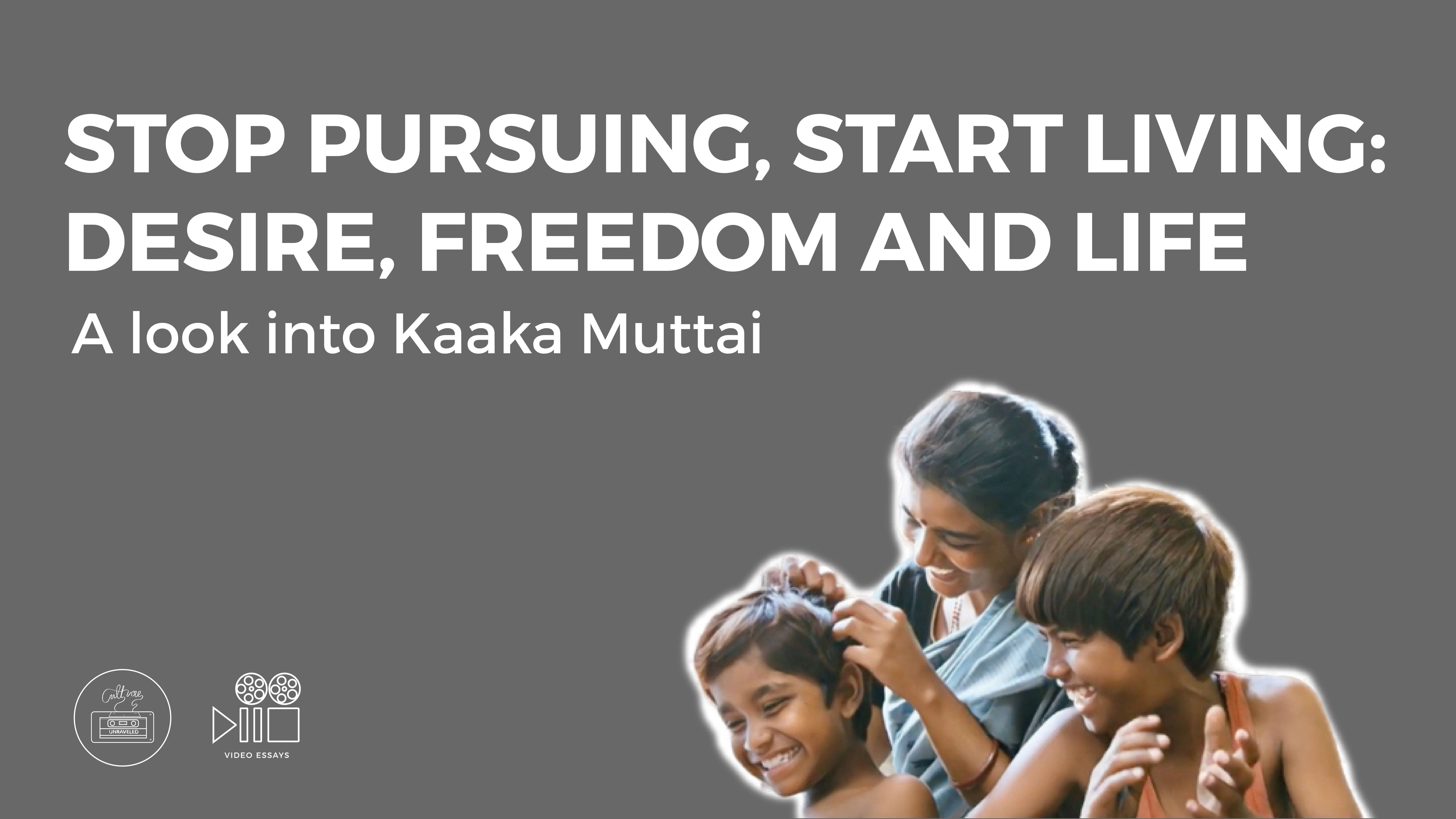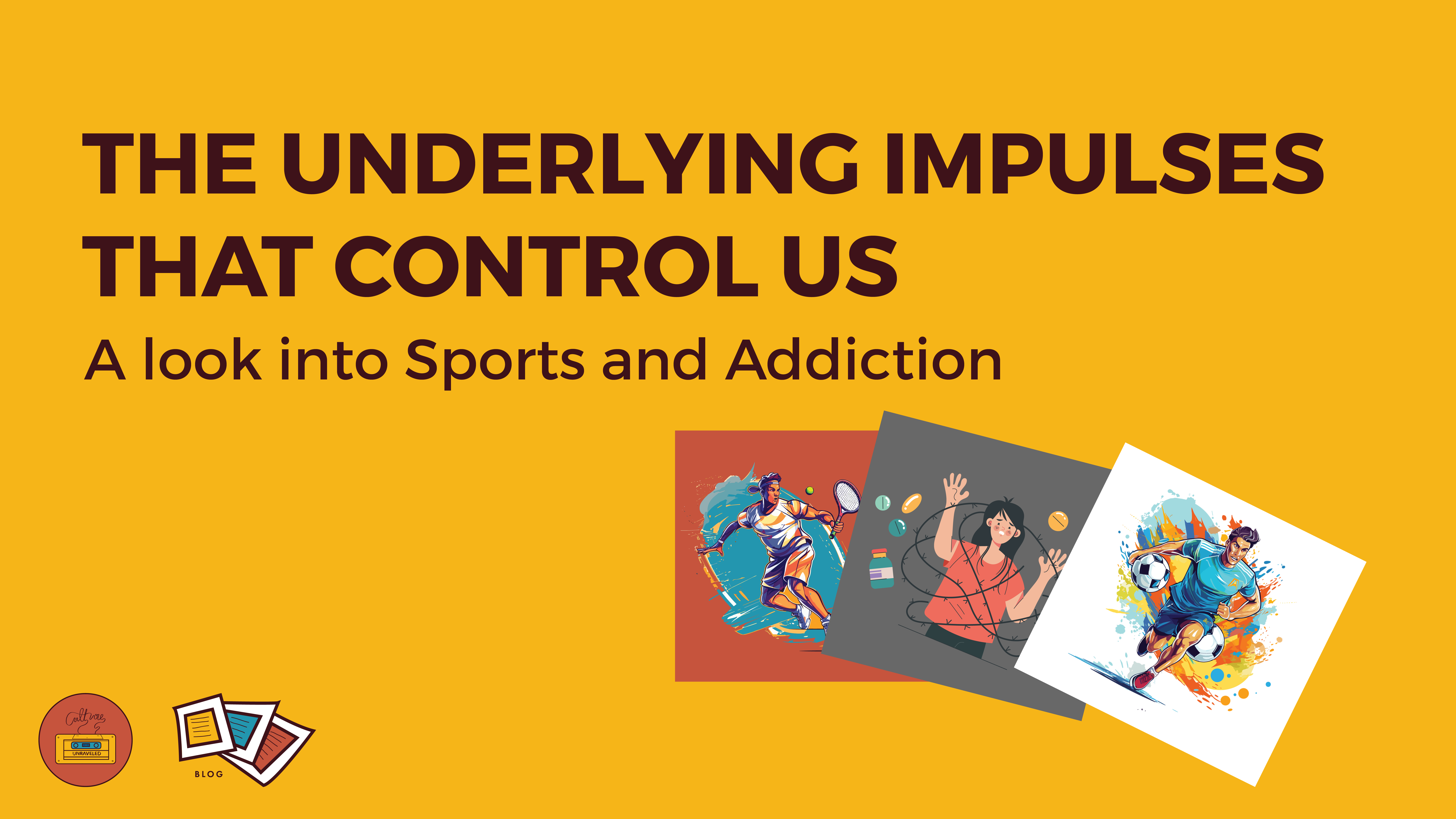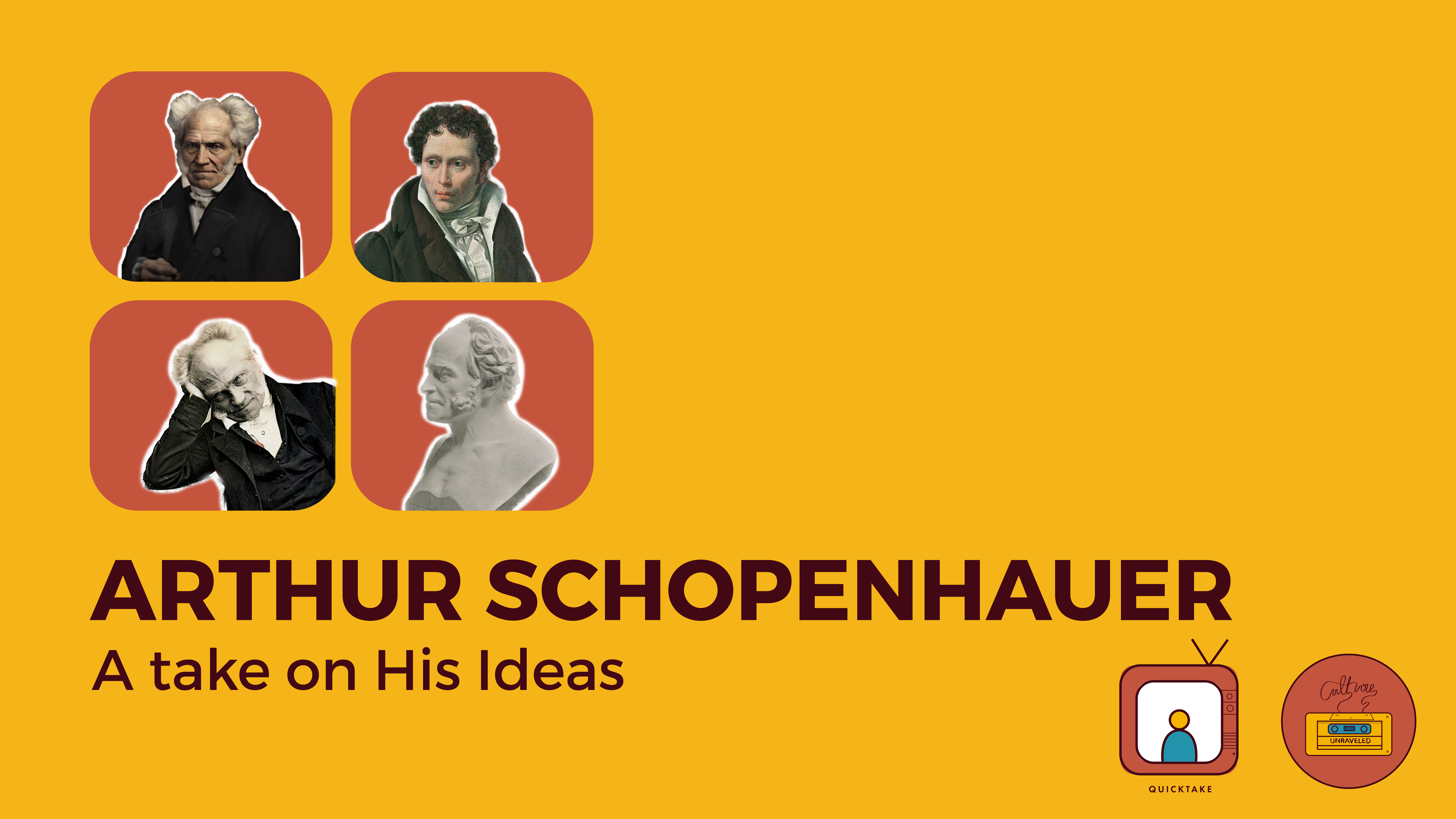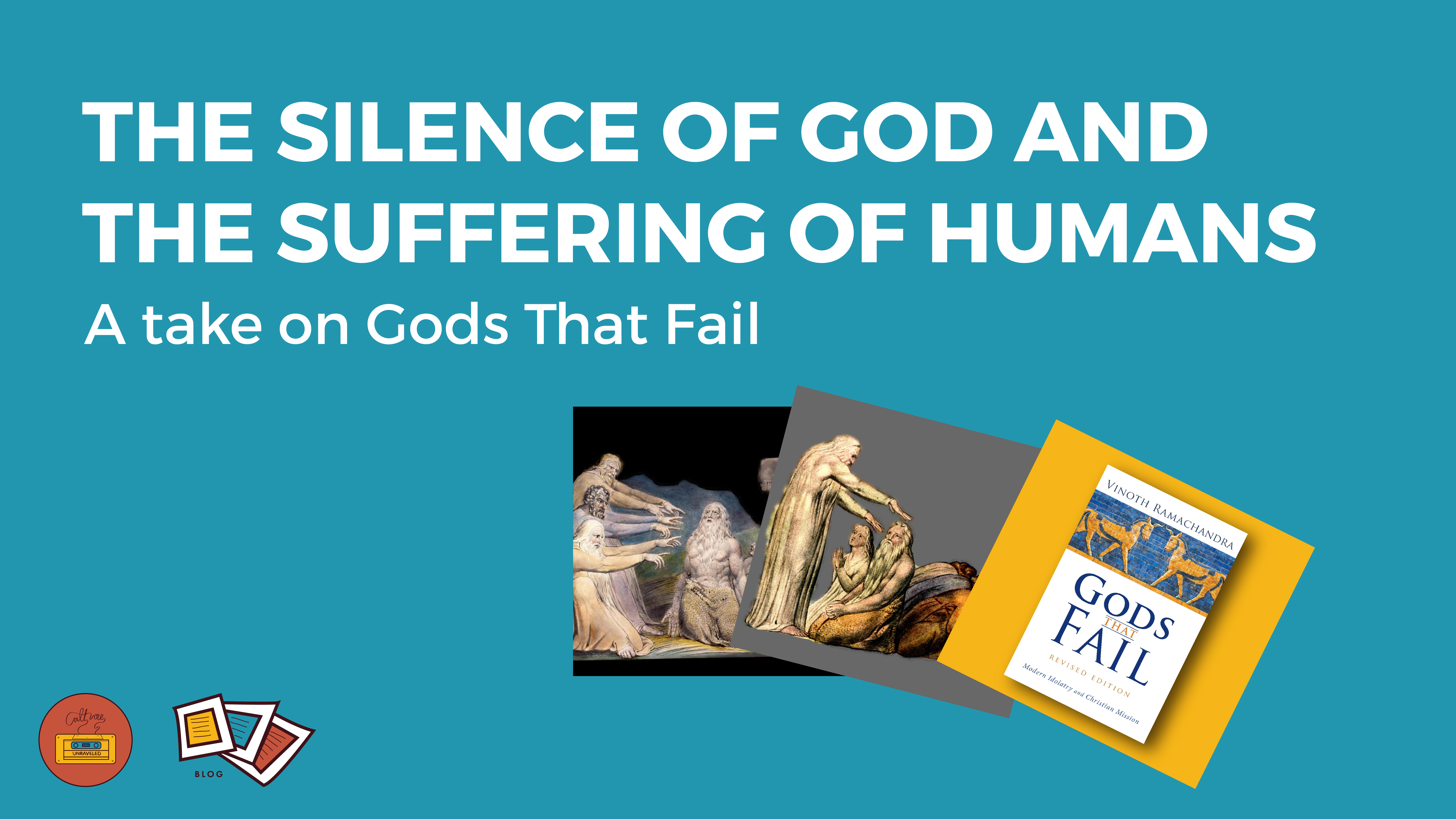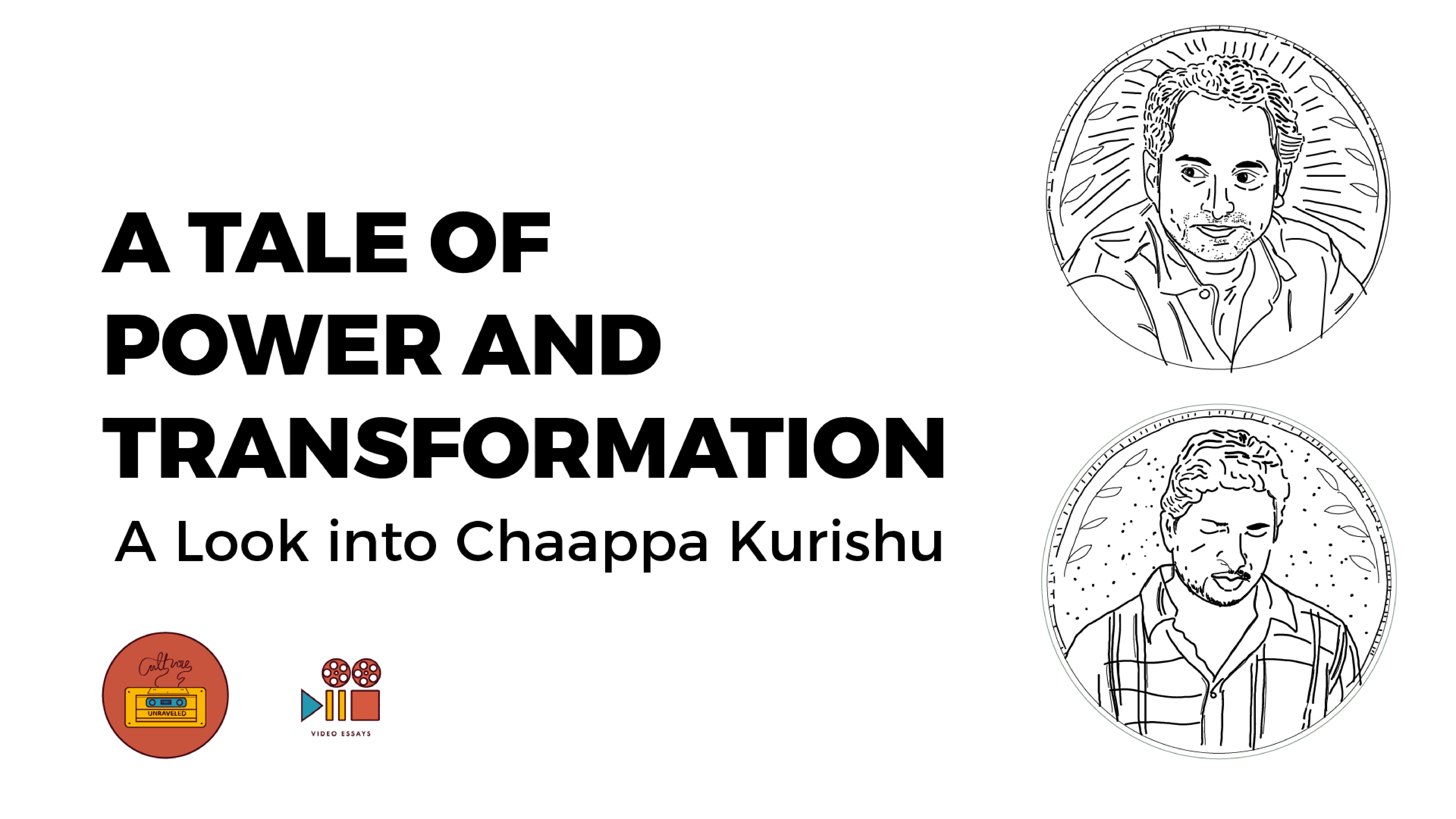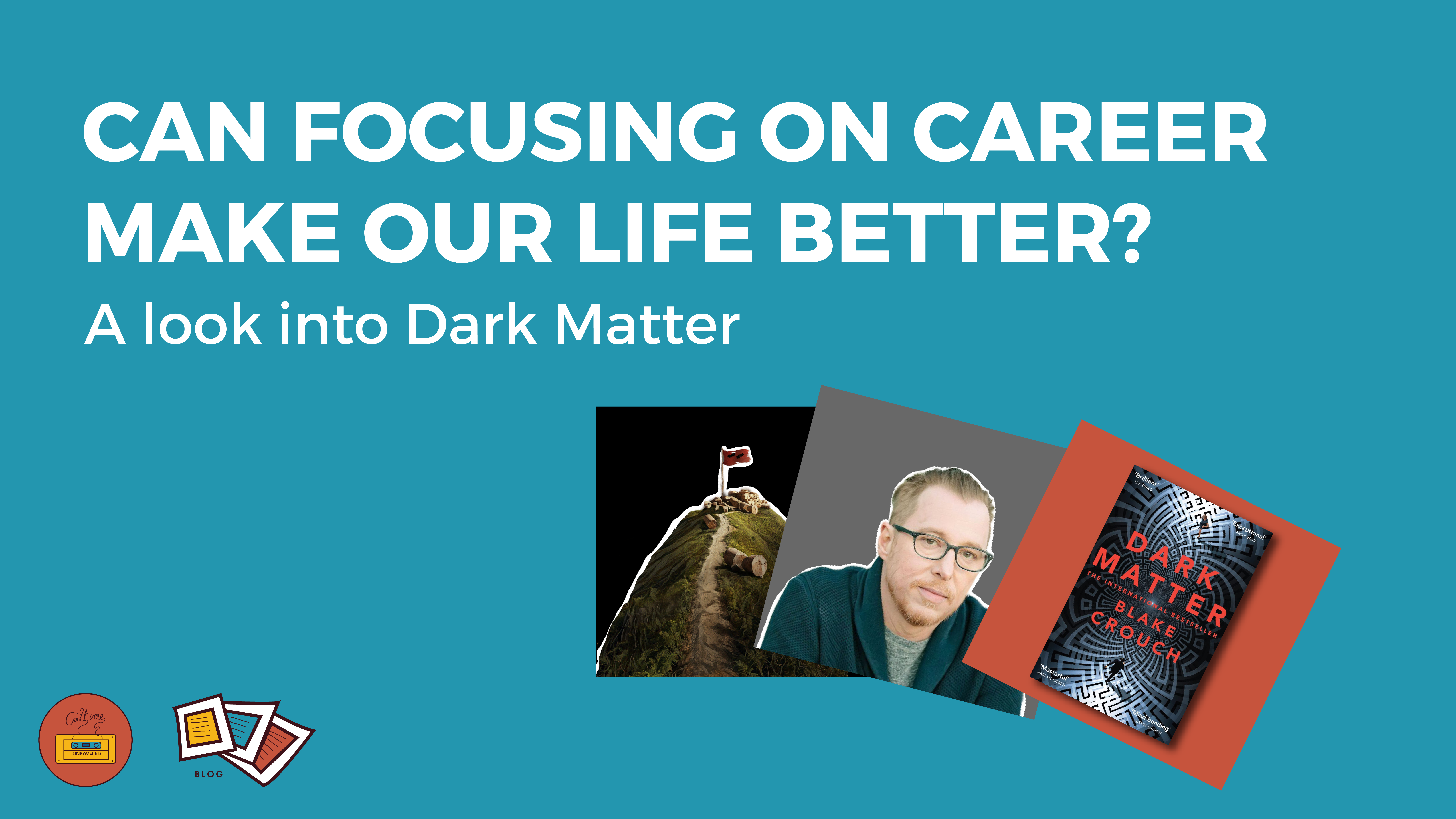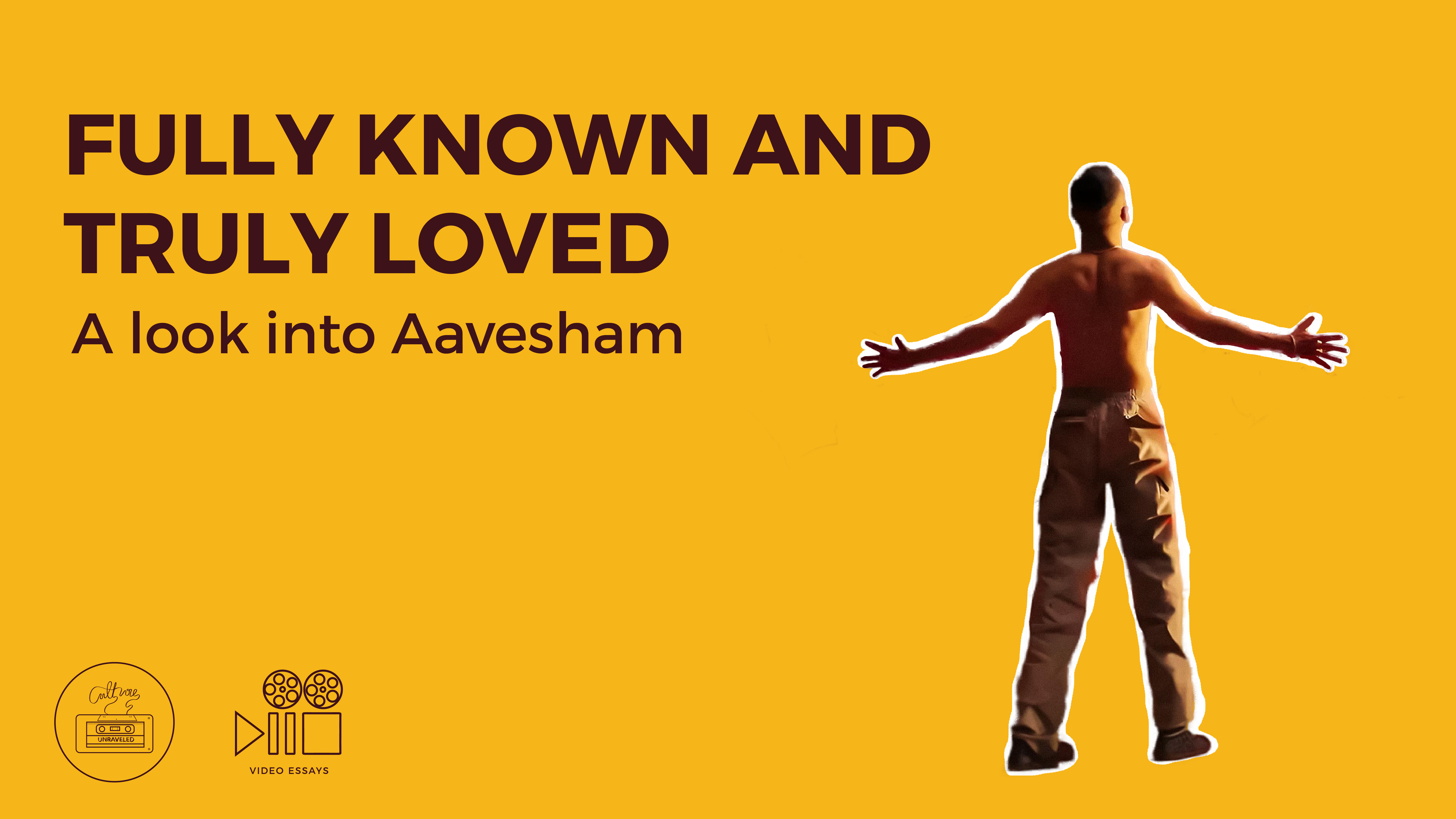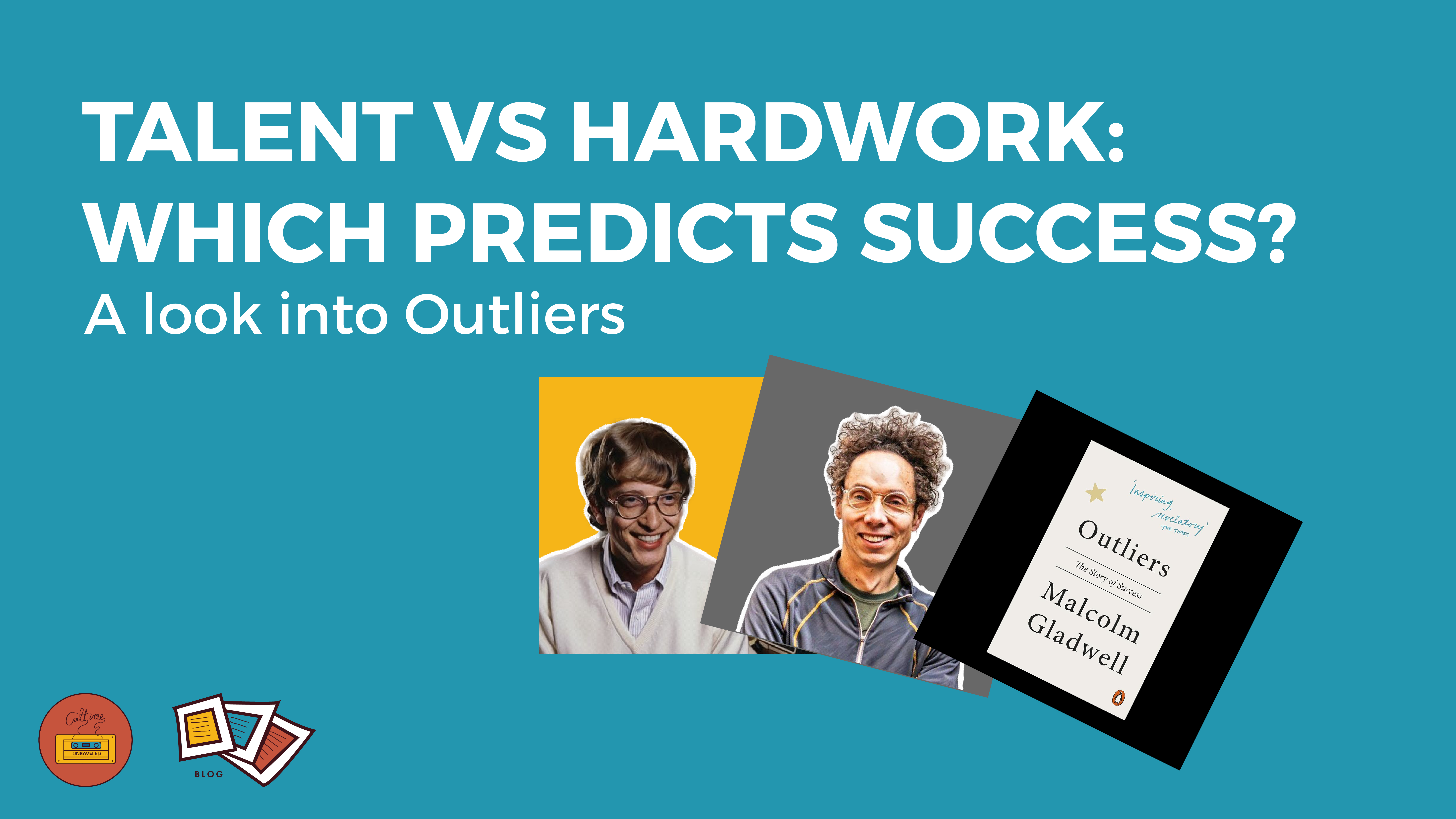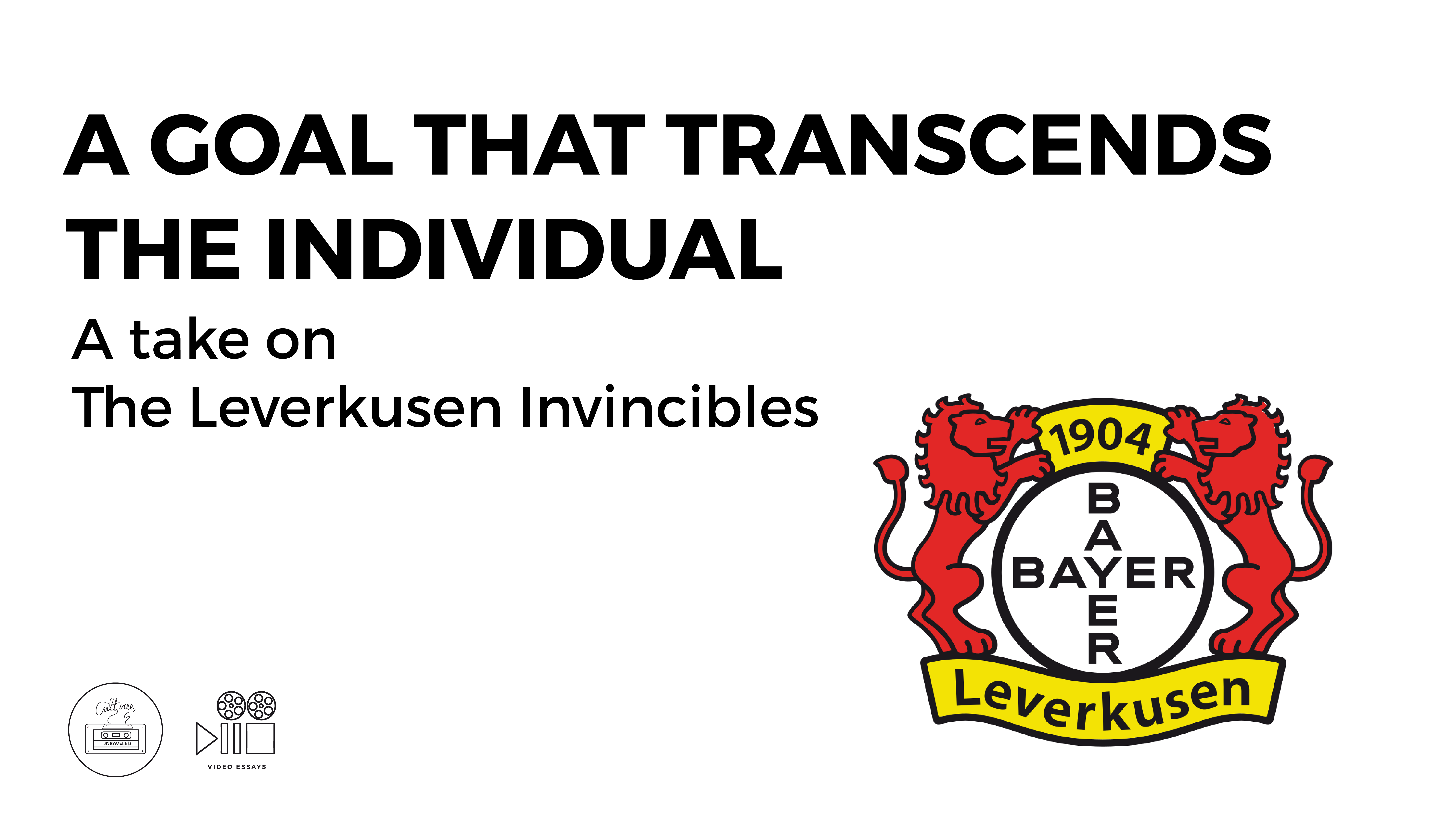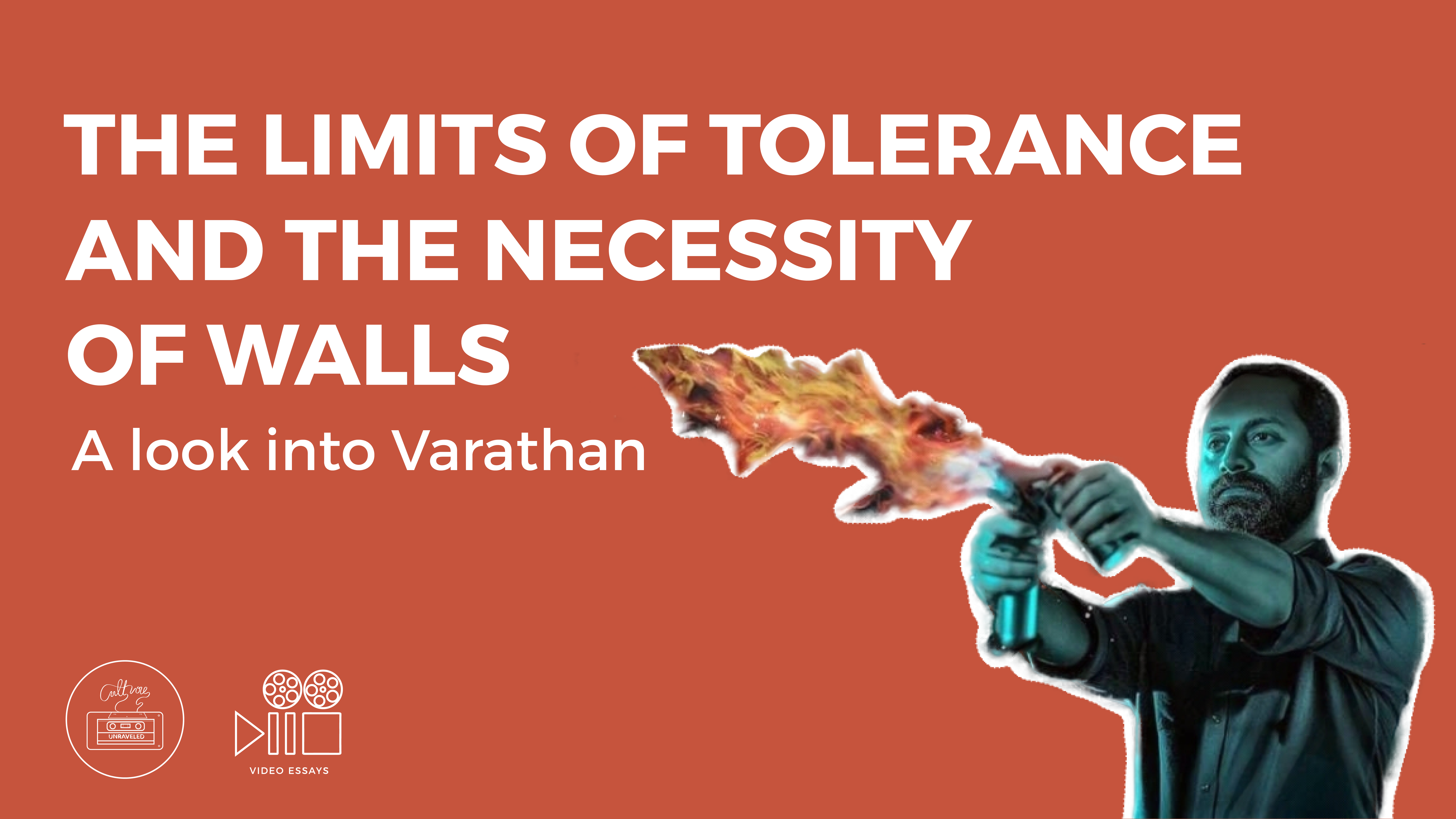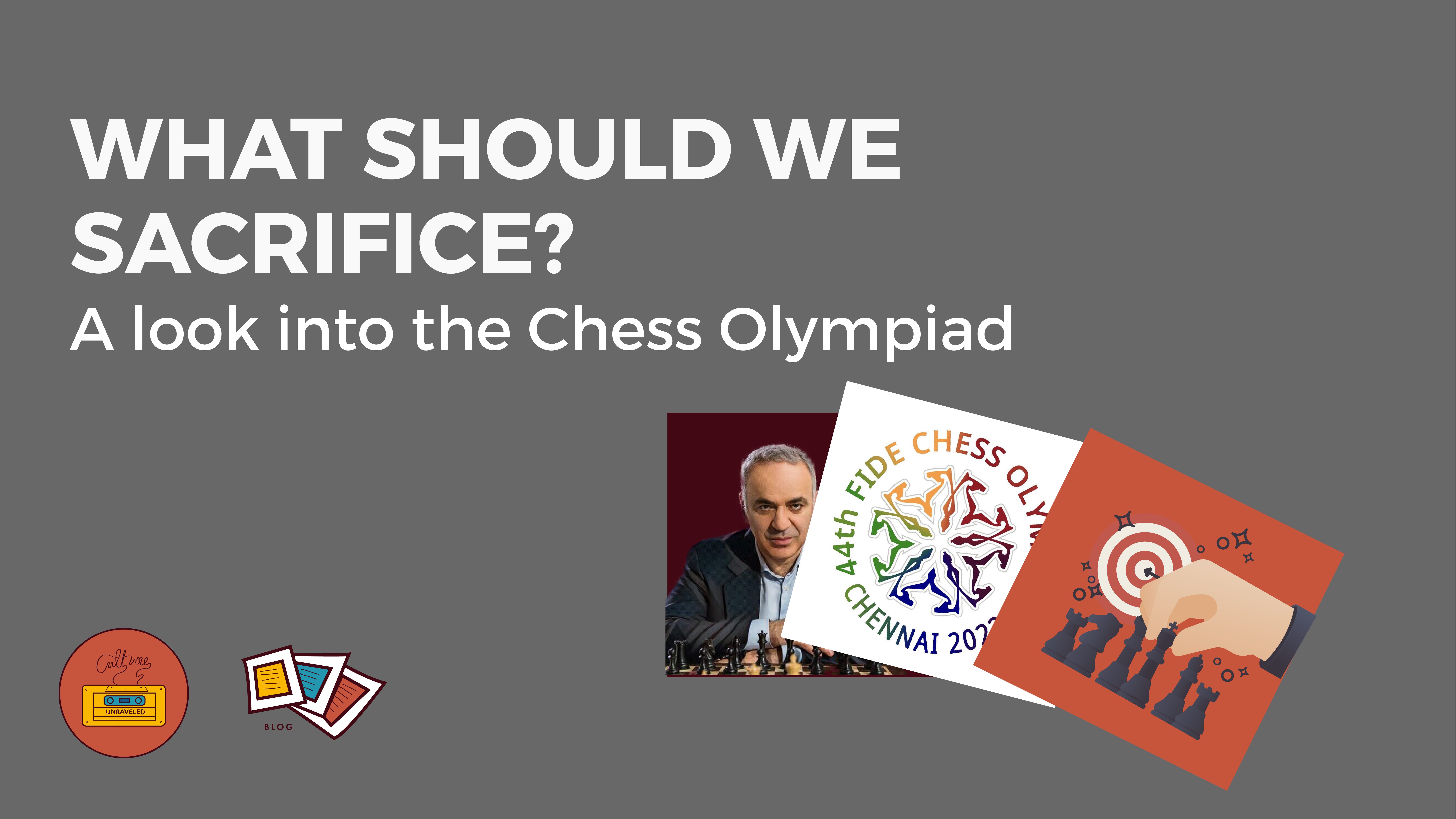
As the 44th Chess Olympiad comes to a close, we could not be more proud of our young grandmasters. With more than 2000 participants from 187 countries coming together to play, what Chennai was able to put together in such a short time was no easy feat.
India now has 73 chess grandmasters and is growing to be a powerhouse of chess. This shouldn’t come as a surprise as chess had its origins in India. The origins of the game can be traced in the 6th century during the Gupta period. Though it looked very different then, it made its way to Persia, Europe and then Russia to gradually evolve into what it is today. A two-player game with 16 pieces each whose final goal is to checkmate the other players King.
Gary Kasparov, considered by many to be one of the greatest chess players states in his masterclass that playing chess should make one a better decision maker in life. The strategies employed on the board of 66 squares should be extrapolated outside the board and be applied to life itself. That life like chess is a series of decisions one has to make and these decisions have to be made wisely and not flippantly.
Inherent in the game of chess is the notion of sacrifice. It is not possible to play the game of chess without sacrificing your pieces. The only question is what to sacrifice and why. Each sacrifice should lead to a greater outcome that takes into consideration the greater objective of the game. No one can win a game of chess without sacrificing something. Either their pawns, bishop, horse or even their queen. By avoiding the necessary sacrifices, one might temporarily be satisfied but they will eventually lose the game.
This notion of sacrifice is intrinsic to life too. Each human being is faced with choices every day and these choices have to be made taking into consideration what needs to be sacrificed. Sacrifices that can eventually lead to a better future. For example, a student might need to sacrifice the pleasure of watching a movie in order to study for their exams. But it is a sacrifice worth making in order to achieve something greater for their future. The same can be said about working, raising a family, friendship, exercise, diet and every other domain of life.
This might look like a very pessimistic way of viewing life, but it is something that makes us uniquely human. Human beings have the ability to sacrifice something in the present to gain something greater for the future. We as humans have the ability to voluntarily choose what we need to sacrifice for something we believe is greater.
And so, if life is filled with sacrifice, then we have to ask what is worth sacrificing for? What is the greatest good that is worth giving our sacrifices towards? Many feel that the religious notions of sacrifice is archaic and something that needs to be eradicated in the modern world. But it has always been a fundamental way in which the notion of sacrifice plays itself out. The belief that God is the greatest towards whom we give the greatest sacrifices towards. That the highest humans can sacrifice towards is to God Himself. And this idea of sacrifice to God plays itself out through different rituals of sacrifice.
As a Christian, the call of Christ is to sacrifice for Him. That the highest pursuit of a Christian is to be able to sacrifice all that he does for Jesus. But as the game of chess shows that intentional sacrifice towards the main goal ultimately leads to the greatest results. Likewise, all our sacrifices to God will ultimately lead to the greatest flourishing. Not just for the individual but for everyone involved. Because we sacrifice to a God who has sacrificed Himself for us.

